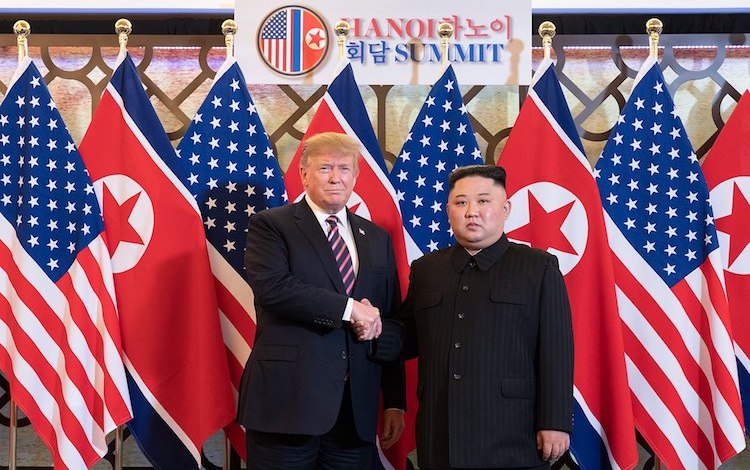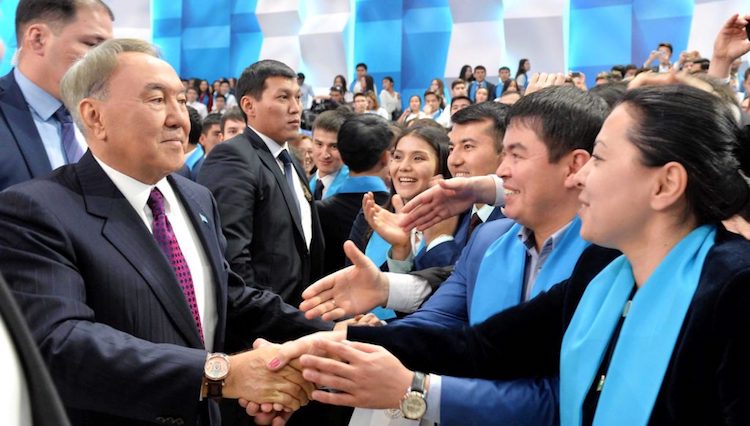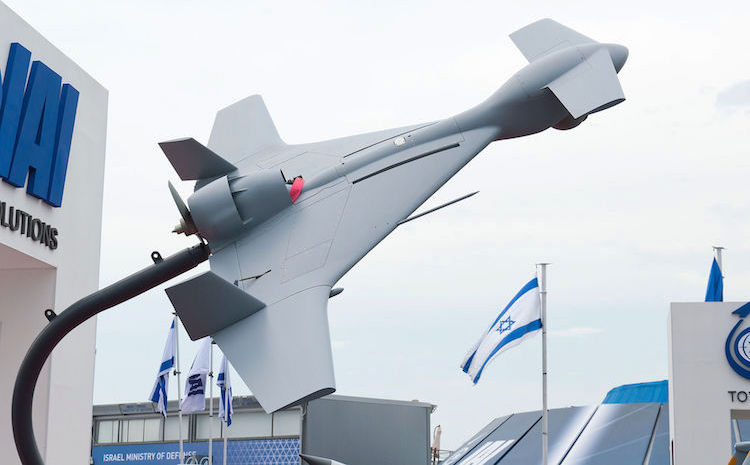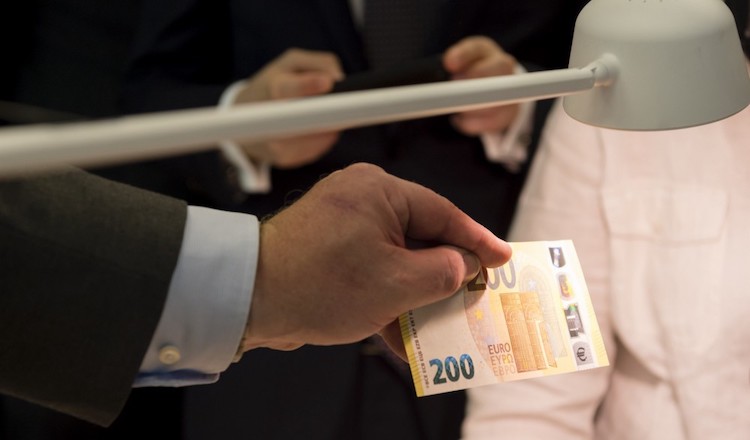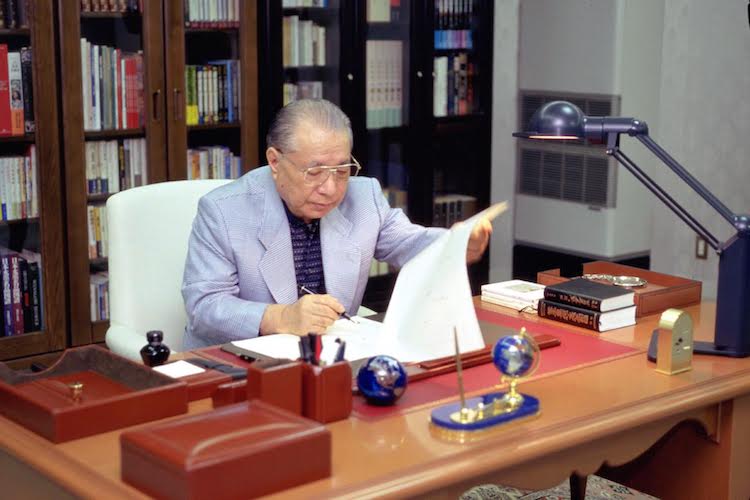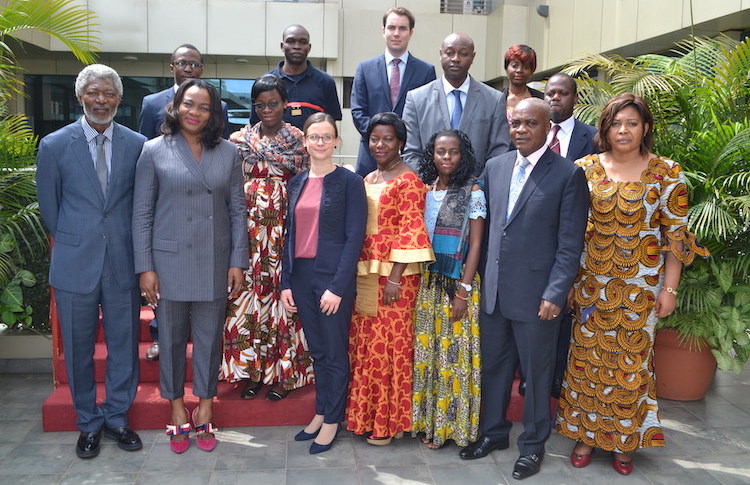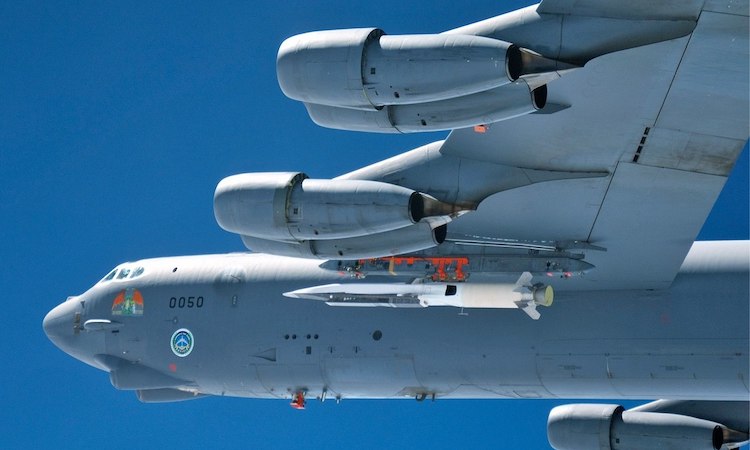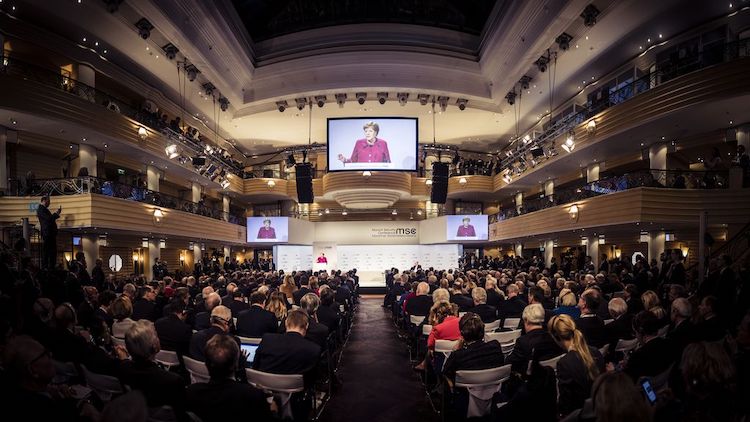By Kelsey Davenport and Alicia Sanders-Zakre The following appeared in Volume 11, Issue 5 of the Issue Brief of the Arms Control Association. Kelsey Davenport is director for nonproliferation policy, and Alicia Sanders-Zakre, research assistant. WASHINGTON, D.C. (IDN-INPS) – The second summit between U.S. President Donald Trump and North Korean leader Kim Jong Un ended […]
Kazakh President Quits to Make Room for New Generation
By George D. Gleboff, Aidana Yergaliyeva and Nazira Kozhanova The following is compilation of three articles that appeared on The Astana Times on March 19 and March 21, 2019. ASTANA (IDN-INPS) – Kazakh President Nursultan Nazarbayev stunned the nation March 19, announcing during a nationally televised address that he would be resigning the office he […]
Kazakhstan Attracts Foreign Investors with AIFC as the ‘Hub’
By Radwan Jakeem NEW YORK (IDN) – Young and ambitious independent Kazakhstan is well-known for decisions marked by ingenuity and innovation. The creation of the Astana International Financial Center (AIFC) was no exception. In fact it confirmed the long-established tradition. The Center has turned out to be a unique project for the CIS countries. Backed […]
New Report on Arms Control and the Convergence of Biology and Emerging Technologies
By Jaya Ramachandran BERLIN | STOCKHOLM (IDN) – A new report has warned of the risks and challenges posed by the interaction of developments in biotechnology and advances in three emerging technologies: additive manufacturing (AM or so-called 3D printing), artificial intelligence (AI) and robotics. The report from the Stockholm International Peace Research Institute (SIPRI) cautions […]
Upsurge in Middle East Arms Imports Amid Upswing in Global Weapons Trade
By Jaya Ramachandran BERLIN | STOCKHOLM (IDN) – Global arms trade is on the upswing with the United States increasing dominance in the group of five largest exporters including Russia, France, Germany and China, which together account for 75 per cent of the total volume of weapons exports in 2014-2018. While the Middle East imports […]
Lessons from Money Laundering Scandals in European Banks
Viewpoint by Maíra Martini and Laure Brillaud This article is reproduced with the permission of Transparency International. Maira Martini is Knowledge Coordinator and Laure Brillaud Senior Policy Officer, Anti-Money Laundering, of Transparency International. Any views expressed do not necessarily reflect those of IDN. LONDON (IDN) – What do all recent major grand corruption scandals have in common? Individuals and companies involved […]
Ushering in an Era of Peace and Disarmament
By Ramesh Jaura BERLIN | TOKYO (IDN) – “Amid the continued escalation of global challenges, crises that were previously unthinkable are now becoming reality throughout the world.” This is the backdrop to a wide-ranging proposal eminent Buddhist philosopher, educator, author, and nuclear disarmament advocate Dr. Daisaku Ikeda has put forward. ‘Toward a New Era of […]
UN Acclaims European Support for Implementation of Biological Weapons Convention
By Ronald Joshua GENEVA (IDN) – The activities funded by the European Union are making a difference on the ground and are helping countries to develop their capacities against the threat of proliferation of biological weapons by States or non-States actors. This was one of the conclusions at an EU side event that was organised […]
UN Warns Against Emerging Hypersonic Weapon Technologies
By J Nastranis NEW YORK (IDN) – Emerging hypersonic weapon technologies present a challenge for the existing arms control and disarmament architecture at a time when it is already under strain. Because hypersonic weapons do not count towards the limits of the New START (Strategic Arms Reduction Treaty), which is the key arms control agreement […]
Europe Ventures to Speak Up Against USA
By Somar Wijayadasa* NEW YORK | MUNICH (IDN) – “The whole liberal world order appears to be falling apart – nothing is as it once was,” said Wolfgang Ischinger, a senior German diplomat in an opinion article in the run-up to the 2019 Munich Security Conference (MSC) that he chairs. He added: “When Vladimir Putin […]

